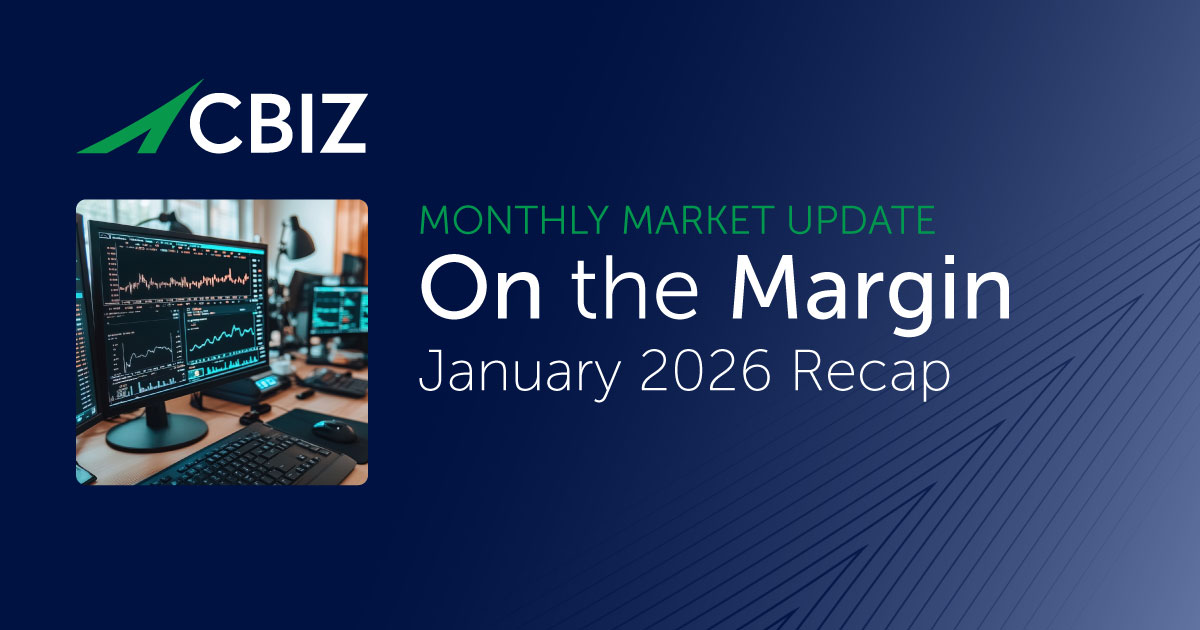After years of fierce competition for top talent, public pension funds are seeing positive momentum for recruitment and retention, even as salary growth stabilizes. The 2025 Public Pension Compensation Survey conducted by CBIZ and NCPERS reveals that 57% of public pension funds now report no issues attracting or retaining skilled staff, an increase of nearly 20% since 2022.
“The public pension sector’s recent workforce stabilization suggests that intentional compensation planning, enhanced benefits, and flexible work models are proving just as powerful as salary increases in attracting and retaining talent.”
– Taylor Sprague, Lead Consultant, CBIZ Compensation Consulting.
This marks a turning point for the industry, following a prolonged period of workforce challenges brought on by heightened competition, salary constraints, and shifting employee expectations.
Why Funds Struggled to Recruit and Retain
Recruitment and retention have long been a challenge for public pension funds. In 2022, only 38% of funds reported stable staffing, leaving most struggling to compete.
Competition with private employers, particularly in the finance, investment, and technology sectors, has placed pressure on funds to keep pace with market expectations. Private sector organizations often offer:
- Higher base salaries and bonuses that are difficult for publicly funded plans to match.
- Broader career pathways and faster advancement opportunities.
- Robust perks and development programs that enhance employee experience.
Additionally, budgetary and governance constraints limit the ability of public pension funds to be flexible in response to changing market conditions, which has created inflated turnover rates.
Survey Results Highlight Workforce Improvements
Nearly 170 public pension funds participated in the 2025 Public Pension Compensation Survey. Collectively, they manage $6 trillion in assets for more than 25.6 million active and retired members, employing a staff of over 21,000. The findings point to significant progress in workforce stability:
- Structured pay practices: Four out of five funds now use a formal compensation philosophy, with most benchmarking to the 50th percentile of the market. This brings greater transparency and alignment with competitive pay structures.
- Expanded benefits: Funds increased emphasis on healthcare, retirement contributions, and wellness initiatives, strengthening total rewards packages beyond base salary.
- Flexibility as a recruitment tool: With nearly three-quarters of funds now offering flexible schedules or remote work, pensions are better positioned to meet employee expectations around work-life balance.
- Commitment to retention: Longer average tenure – more than six years across roles, nearly double that of private-sector peers – has helped funds preserve institutional expertise while reducing costly turnover.
Building Workforce Resilience: Lessons and Next Steps
The 2025 Public Pension Compensation Survey confirms that compensation planning, benefits strategy, and flexible work arrangements are increasingly essential for public pensions – and all employers.
Ultimately, workforce resilience requires integrated total rewards. Competitive pay alone is not enough; organizations must align compensation, benefits, and flexibility to meet both employee expectations and organizational goals. Build a holistic total rewards program with our comprehensive guide.
The full 2025 Public Pension Compensation Survey is available directly from NCPERS as a digital report and interactive dashboard – access your copy here.
About CBIZ Compensation Consulting
CBIZ Compensation Consulting works with public pension funds and other organizations to develop data-driven pay structures, benefit plan designs, and total rewards strategies that strengthen recruitment and retention. To explore compensation solutions tailored for the public pension funds sector, connect with our team at CBIZ today.
© Copyright CBIZ, Inc. All rights reserved. Use of the material contained herein without the express written consent of the firms is prohibited by law. This publication is distributed with the understanding that CBIZ is not rendering legal, accounting or other professional advice. The reader is advised to contact a tax professional prior to taking any action based upon this information. CBIZ assumes no liability whatsoever in connection with the use of this information and assumes no obligation to inform the reader of any changes in tax laws or other factors that could affect the information contained herein. Material contained in this publication is informational and promotional in nature and not intended to be specific financial, tax or consulting advice. Readers are advised to seek professional consultation regarding circumstances affecting their organization.
“CBIZ” is the brand name under which CBIZ CPAs P.C. and CBIZ, Inc. and its subsidiaries, including CBIZ Advisors, LLC, provide professional services. CBIZ CPAs P.C. and CBIZ, Inc. (and its subsidiaries) practice as an alternative practice structure in accordance with the AICPA Code of Professional Conduct and applicable law, regulations, and professional standards. CBIZ CPAs P.C. is a licensed independent CPA firm that provides attest services to its clients. CBIZ, Inc. and its subsidiary entities provide tax, advisory, and consulting services to their clients. CBIZ, Inc. and its subsidiary entities are not licensed CPA firms and, therefore, cannot provide attest services.















